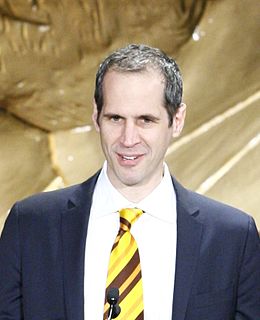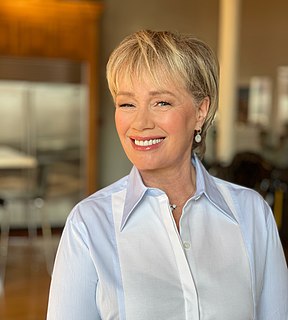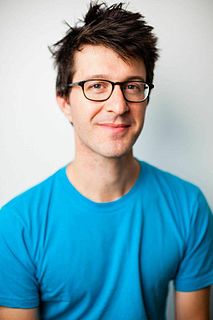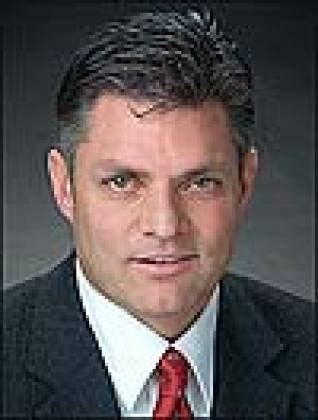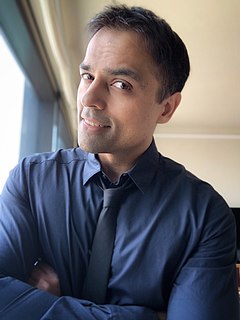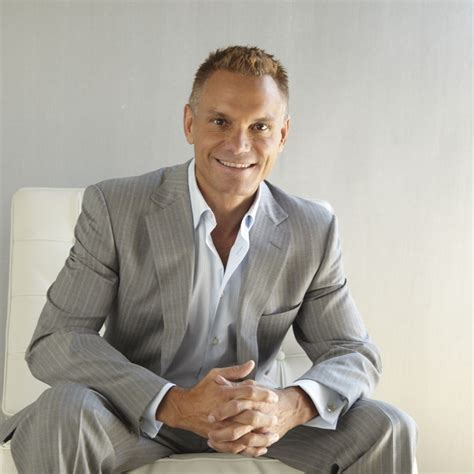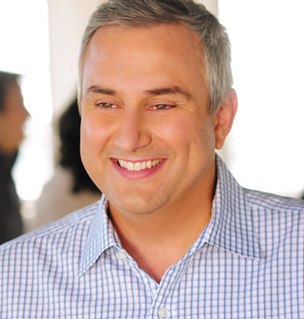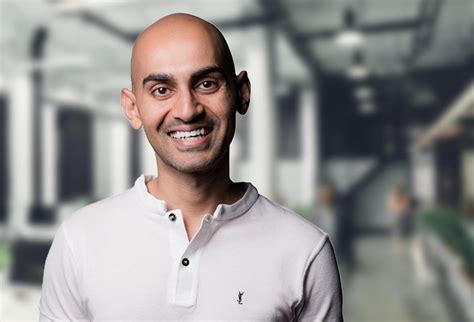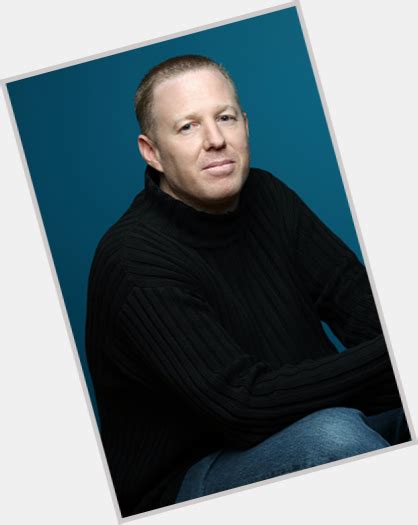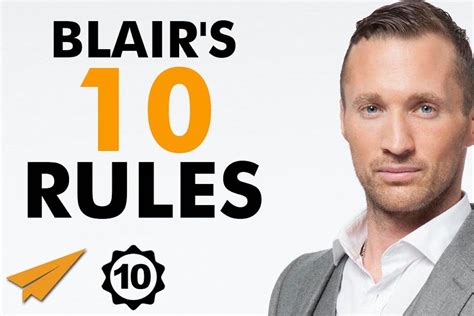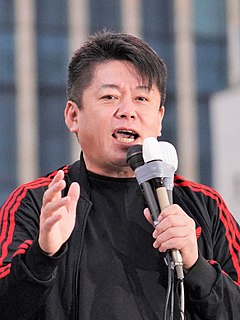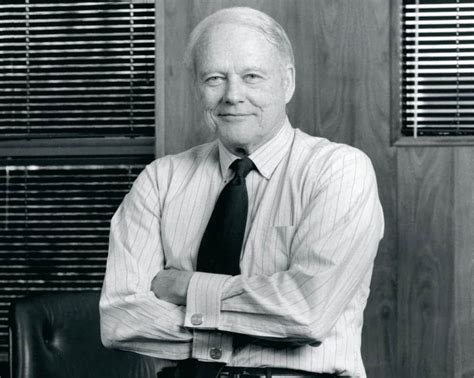Top 11 Quotes & Sayings by Andrew Keen
Explore popular quotes and sayings by an American entrepreneur Andrew Keen.
Last updated on December 21, 2024.
We don't live in the old world. But I don't want everyone to know what I've done. We all know every kind of example we could throw out there. The world we see online is very spiteful, we all know about people who have had bad stories thrown at them. If we were more generous I might be more happy about the reputation economy.

